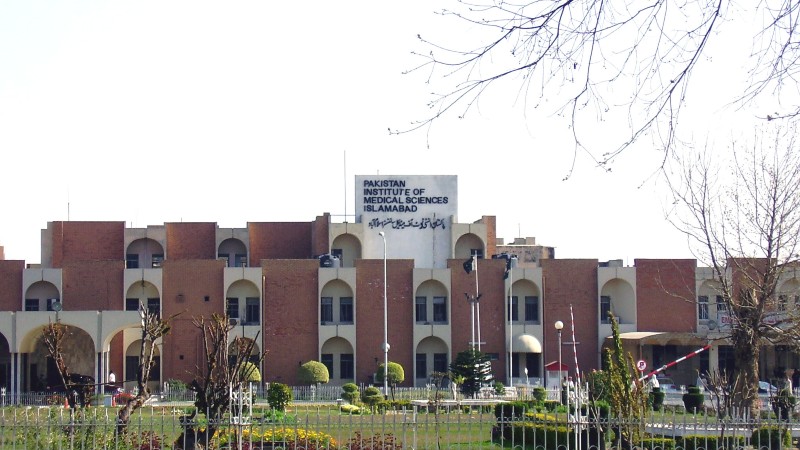Stress is a known trigger of asthma, which seems to be the case with Shahbaz Gill, who is said to have a history of asthma since childhood.
By Naveed Naqvi
ISLAMABAD: A four-member board of senior doctors from PIMS has turned up no conclusive evidence of torture after examining Shahbaz Gill, the study of a medical report drawn up by the board and presented in an Islamabad court Thursday reveals.
The chief of staff of former Prime Minister Imran Khan, Gill underwent a comprehensive medical examination after his arrival at Pakistan Institute of Medical Sciences (PIMS) in Islamabad.
One of the slickest among a gaggle of slick political operators in the service of Khan’s Pakistan Tehreek-e-Insaf (PTI), Gill is under arrest on charges related to incitement to munity in the armed forces.
He was detained at Rawalpindi Central Jail, Adiala, in judicial custody until Wednesday evening, when he was shifted to the custody of Islamabad police on physical remand following a court order.
Jail authorities maintained he was ill and in need of medical attention. He was therefore transported straight to PIMS and admitted to the hospital overnight on the advice of the medical board. He, however, was to be handed over to the Islamabad Police after his condition improves.
The police have submitted the medical report in the court of Duty Judge Raja Farrukh Ali Khan.
On detailed examinations, the doctors found him suffering bronchospasms, resulting in wheezing and coughing. The doctors noted in their report that Gill has a known history of asthma since childhood and has been using bronchodilators when necessary.
The doctors also discovered soft tissue tenderness on deep palpitation in left proximal arm (upper arm to shoulder), right gluteal region (right buttock), and right sacroiliac joint and lumbosacral junction (where the spinal column meets the pelvis and back legs).
The doctors had his ECG and ABGs done immediately. The report says ABGs with oxygen shows alkalosis with pH 7.70, CO2 12 mmHg, HCO 14.8; and that ECG shows sinus tachycardia with non ST-T changes.
In lights of the results, the doctors advise an array of further investigations including cardiac markers, a series of blood studies, urine R/E, muscle enzymes, and six different x-ray studies.
They unanimously conclude that the patient needs monitoring and assessment by cardiologist and pulmonologist for further management plan.
The board of doctors examining Gill at 11:00 pm Wednesday included Prof Shajee Ahmed, HoD General Medicine; Prof S H Waqar, HoD General Surgery; Prof Lal Rehman, HoD Neurosurgery; and Dr Ali Miraj Shami, HoD Unit II Orthopaedic Surgery.
Notably, the board did not include any cardiology or pulmonology specialist even though it was known beforehand that he was suffering from shortness of breath. This could mean the board was geared towards a case of physical abuse, expecting bone and neural damage.
In any case, the report does not mention physical abuse of torture.
The body aches and soft tissue tenderness discovered by doctors could be explained by somebody given to a life of luxury having to sleep on hard floor bedding, especially at this time of the year when days are hot and humid and nightly temperatures can drop considerably.
What is more, since the doctors did not document any tell-tale signs of torture like skin damage or discoloration, fractures, or trauma, it is safe to say that they turned up no evidence of physical abuse or torture.
On the other hand, they documented at the outset that the patient is apprehensive. Also, stress and anxiety are known triggers of asthma. Under the circumstances, Gill’s condition may mean he is under psychological stress of some kind.
Copyright © 2021 Independent Pakistan | All rights reserved




